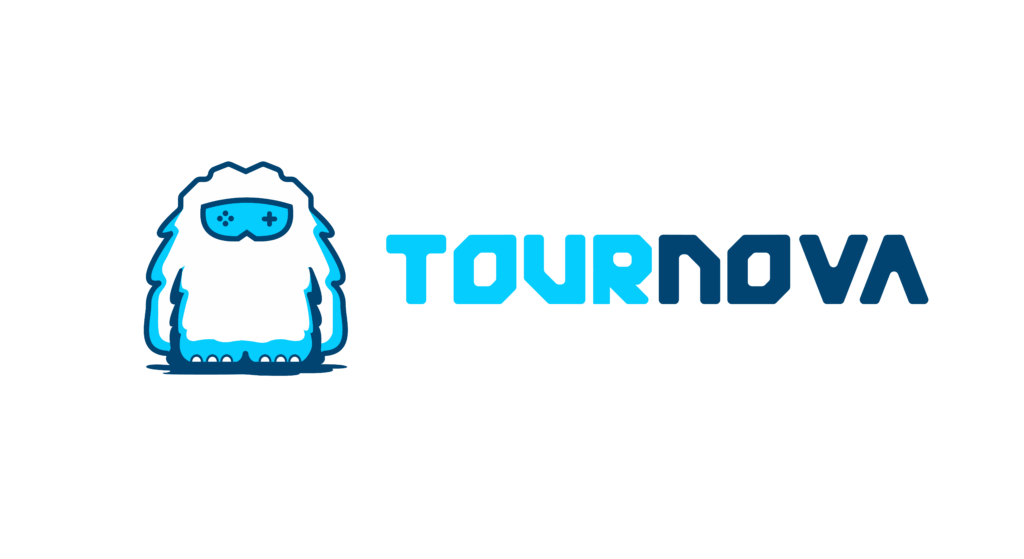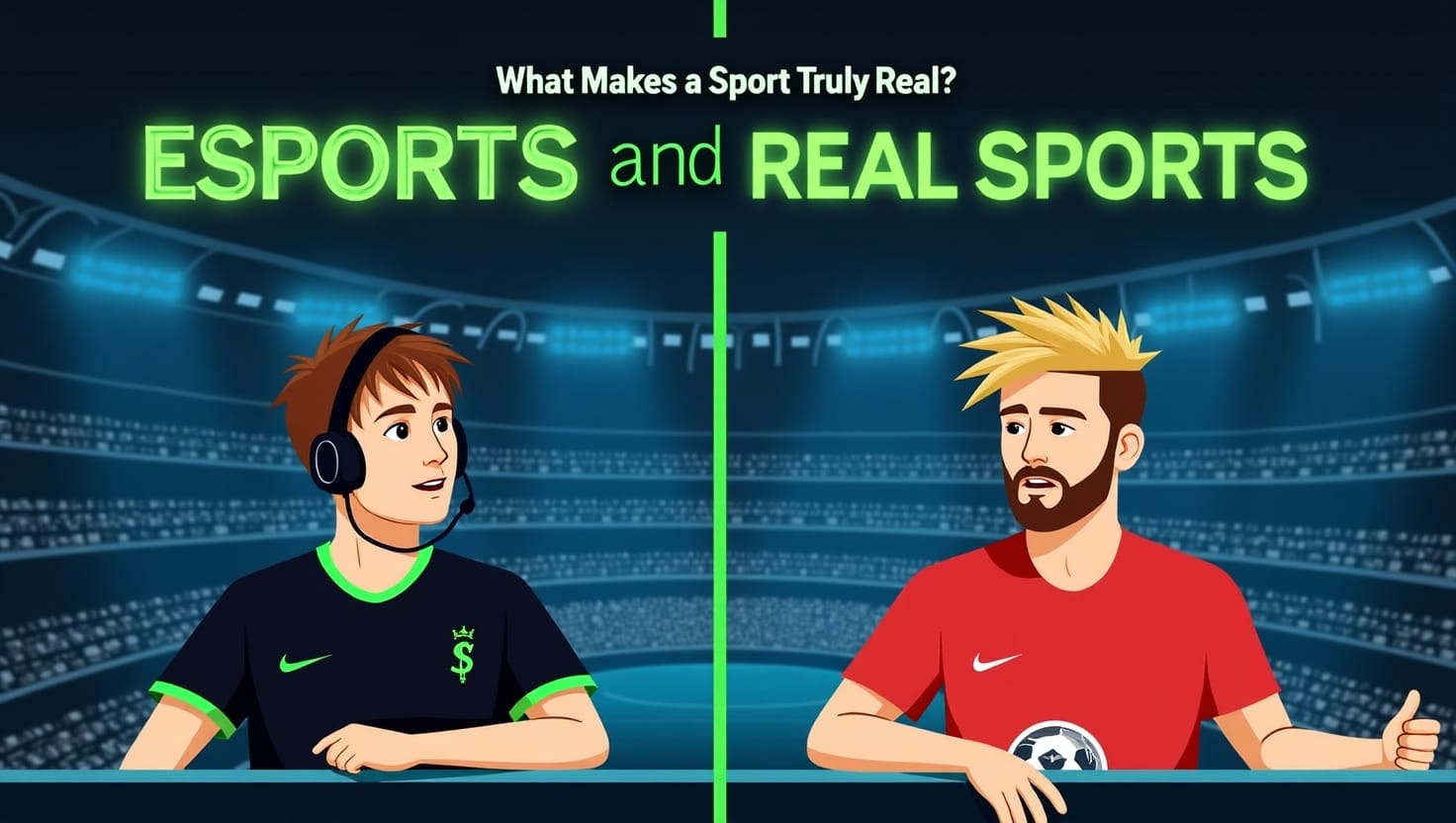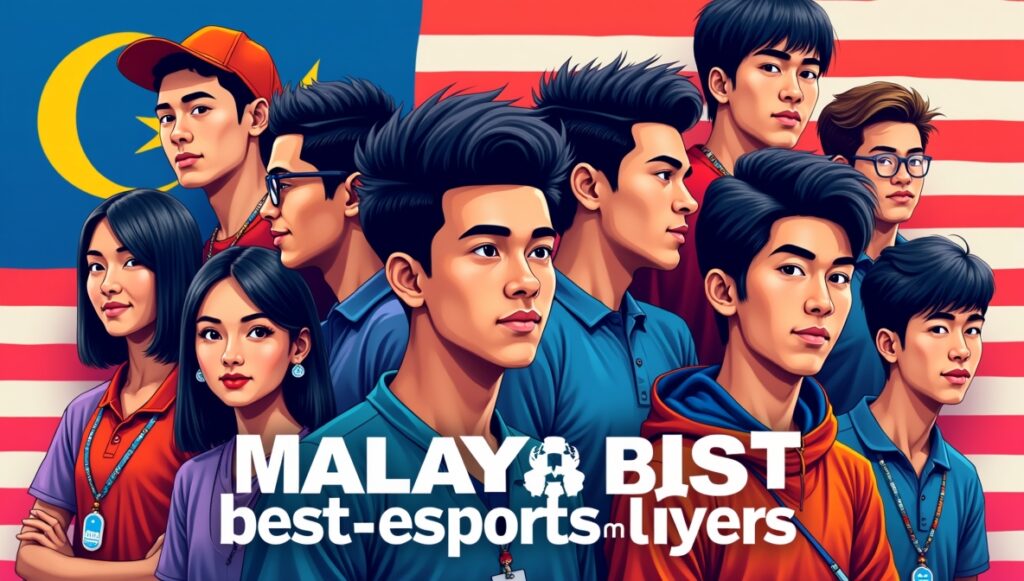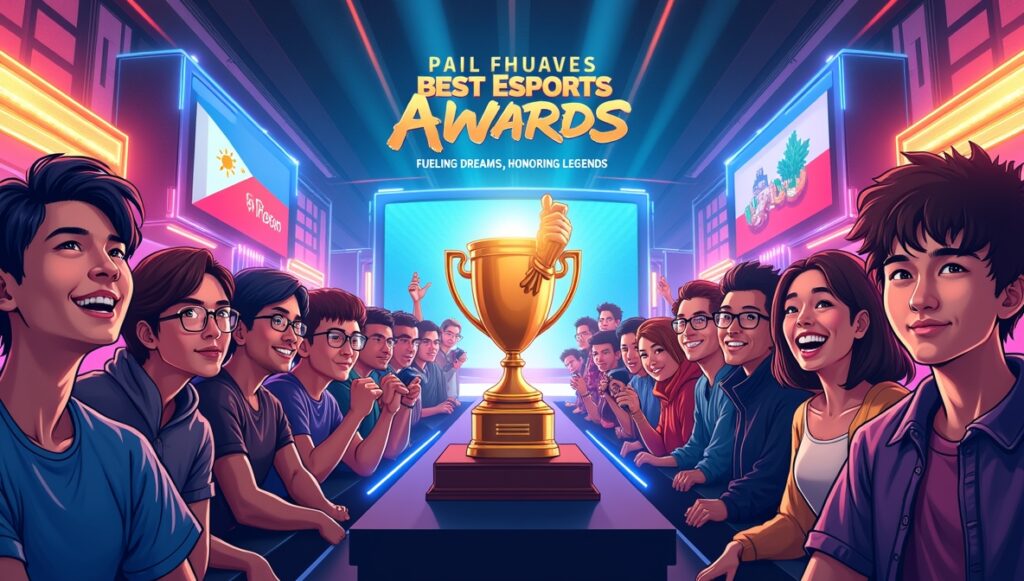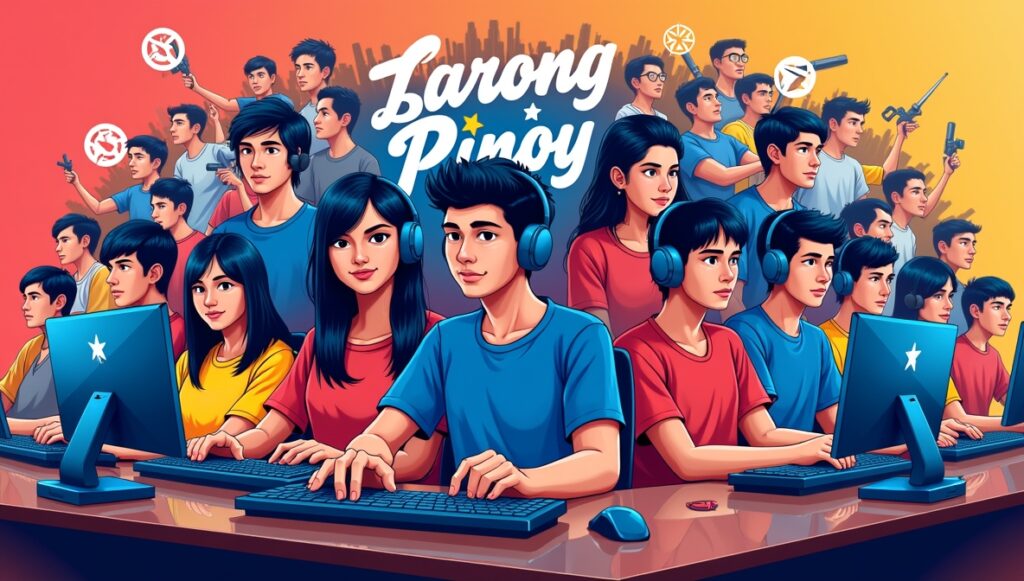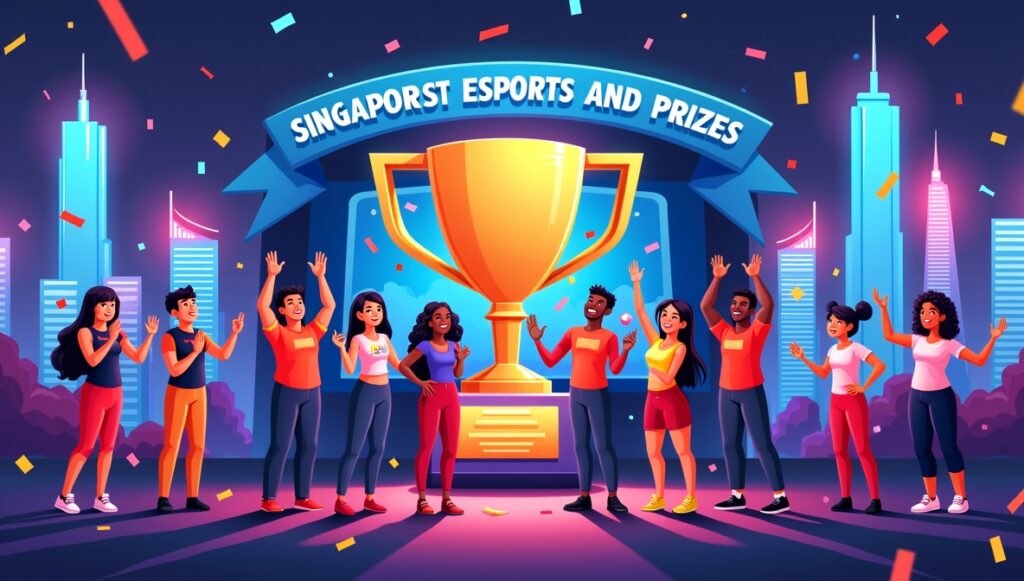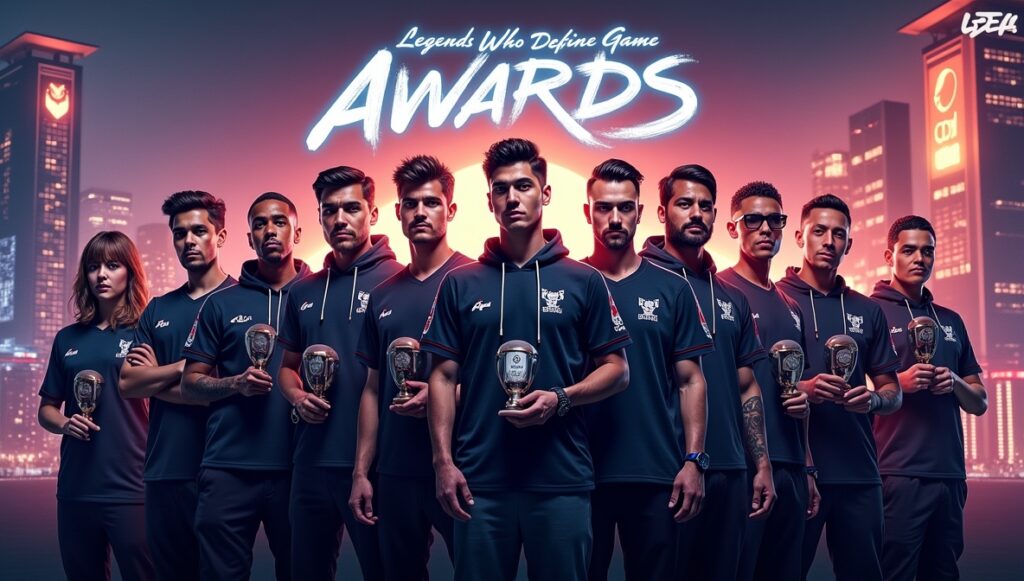It’s late on a Sunday night. I’m sprawled across my couch, remote in one hand, phone in the other; flicking between a Premier League match and the finals of League of Legends Worlds on Twitch. In both, crowds are rocking the rafters. The tension is thick. But then my friend texts: “Esports isn’t a real sport though… right?” I laughed out loud, realizing just how much the debate of Esports vs Real Sports has exploded into living rooms, news debates, and group chats everywhere. What actually makes a sport “real,” and why does this Esports vs Real Sports conversation stir up so much passion?
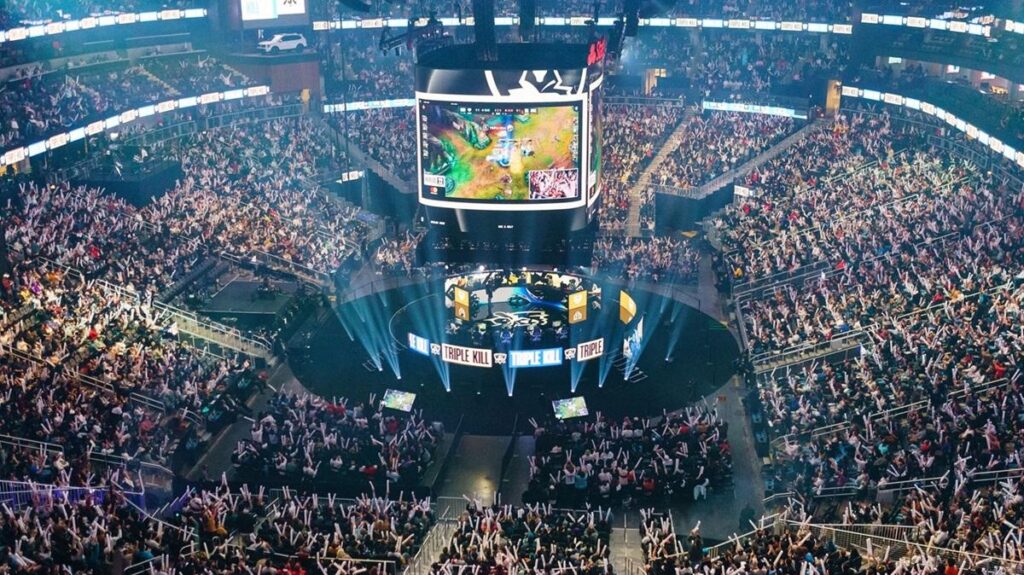
- It blends skill, strategy, and teamwork in fast-paced digital arenas.
1. Esports vs Real Sports: Starting the Debate
There’s no denying how much the lines have blurred. Once, “sports” conjured up muddy jerseys, roaring stadiums, and legendary athletic feats; a bicycle kick, a hole-in-one, maybe an Olympic world record. But now? Millions tune in for the League of Legends World Championship, filling arenas from Berlin to Seoul. Fortnite handed out more prize money in 2019 than the Masters did for golf. Log on to any social feed and you’ll trip over just as many heated esports arguments as you do traditional ones.
The debate matters because “real sport” has always been a measure of cultural value and acceptance. It’s about legitimacy, pride, and, yes, enormous amounts of money and recognition.
2. What Traditionally Defines a ‘Real’ Sport?
When I think of what makes a sport, school games come to mind; strict rules, scoreboards, and sweaty afternoons, whether it’s football, tennis, or even chess club trying to petition for jerseys. Most people (and big bodies like the IOC) define a “real” sport by a combo of factors: consistent rules, measurable competition, skill or physical effort, a loyal base of spectators, and more than a dab of tradition.
When it comes to Esports vs Real Sports, sports like football, basketball, swimming, and athletics check all those boxes. But here’s a twist: think about chess or shooting. They get Olympic slots, but aren’t purely “physical.” That raises a great question: Is moving your body always required? Or is competition and mastery at the heart of it?
When you peek behind the curtain, you’ll find that sports are often about skill, mastery under pressure, and building a whole culture; not just running laps. That’s why video game tournaments have started to demand a place at the table.
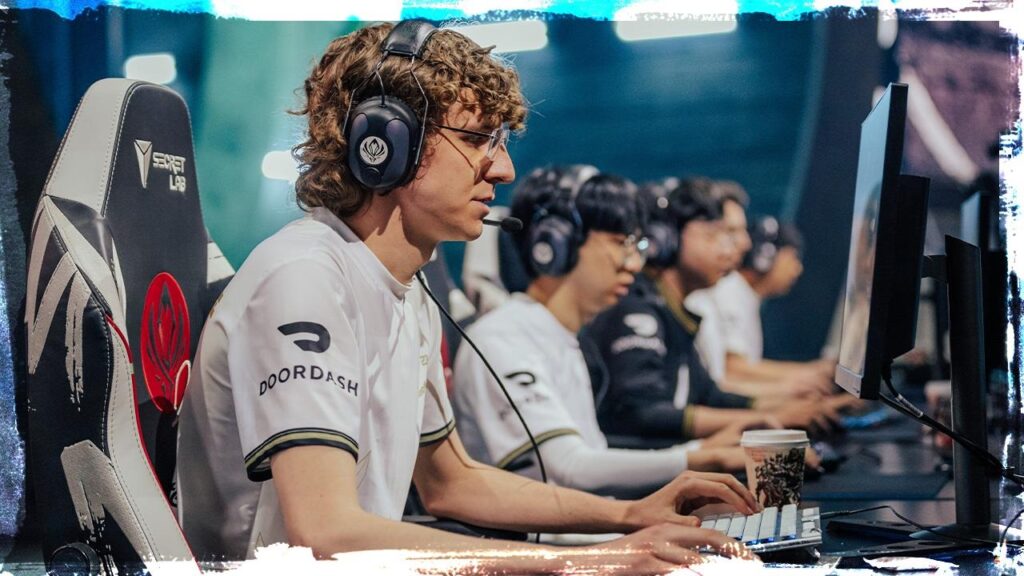
- Esports redefines athleticism through mental speed, strategy, and reaction time.
3. The Core of Competition: Is Skill, Training, and Pressure Enough?
Not long ago, I visited an esports bootcamp. It was nothing like my old sports days; no grass stains, but a thick air of concentration and strategy sessions that ran for hours. Top esports pros often train just as intensely as any “traditional” athlete: hours of gameplay, strategy reviews, custom coaching, and grueling mental exercises. Teams in games like CS2 or Dota 2 have analysts breaking down every move.
It’s not just about nimble fingers and quick aiming; these players need deep mental stamina, laser focus, and an iron will to handle the rollercoaster of tournament life.
The parallels are uncanny: pro gamers and footballers both manage schedules, diets, team dynamics, and media pressure. The only real difference? One trains on a pitch, the other in front of a high-refresh monitor. And honestly, the pressure is just as real; one wrong move, one moment of failure, is all it takes to lose everything.
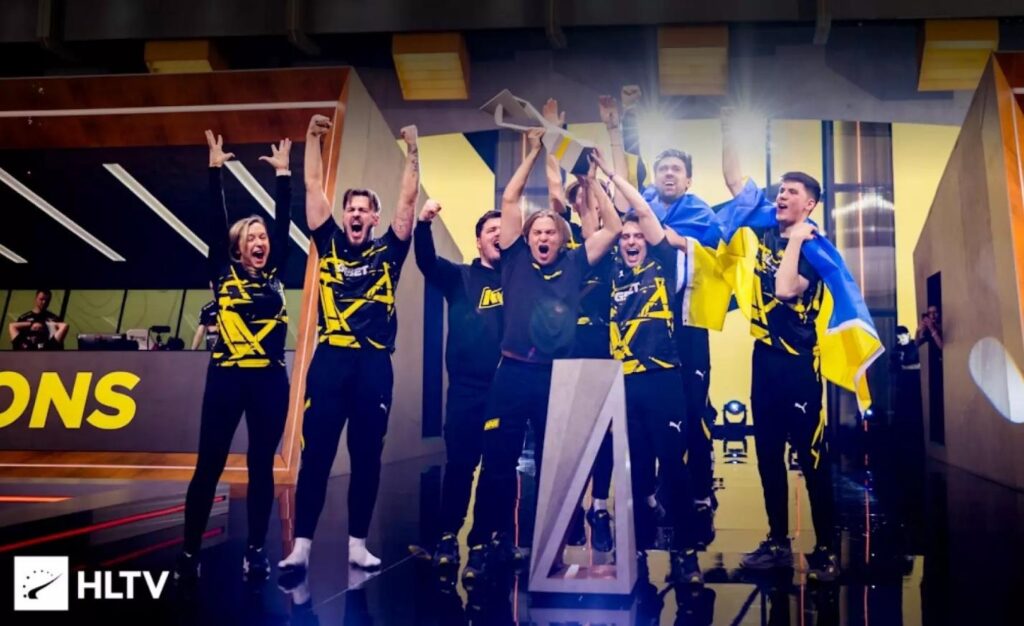
- Teamwork, pressure, and performance are at the heart of both sports and esports.
4. Fans, Spectacle, and Shared Culture: The Heartbeat of Sport
Once I found myself chanting with 15,000 other fans at a CS2 Major in Katowice, Poland; it was the loudest crowd I’d ever experienced, sports or otherwise. This moment perfectly captures the energy in the ongoing debate of Esports vs Real Sports.
Esports has clawed its way from bedrooms and LAN cafes into main-stage arenas and massive online events. There’s that tribal sense of loyalty; team jerseys, chants, hashtags, inside jokes, and heated debates about who’s “the GOAT.”
It reminds me of old family arguments about football: who’s better, Messi or Ronaldo? Now, that flame rages on; only this time it’s Faker versus s1mple, or debating which Valorant team will win Champions. Huge finals, global rivalries, and the thunderous celebration of every victory and heartbreak… if energy and open passion define a sport, esports belong here, no question.
Do you need stadiums and huge audiences to make a sport real? Maybe not, but there’s no denying how they galvanize the experience; on and offline.
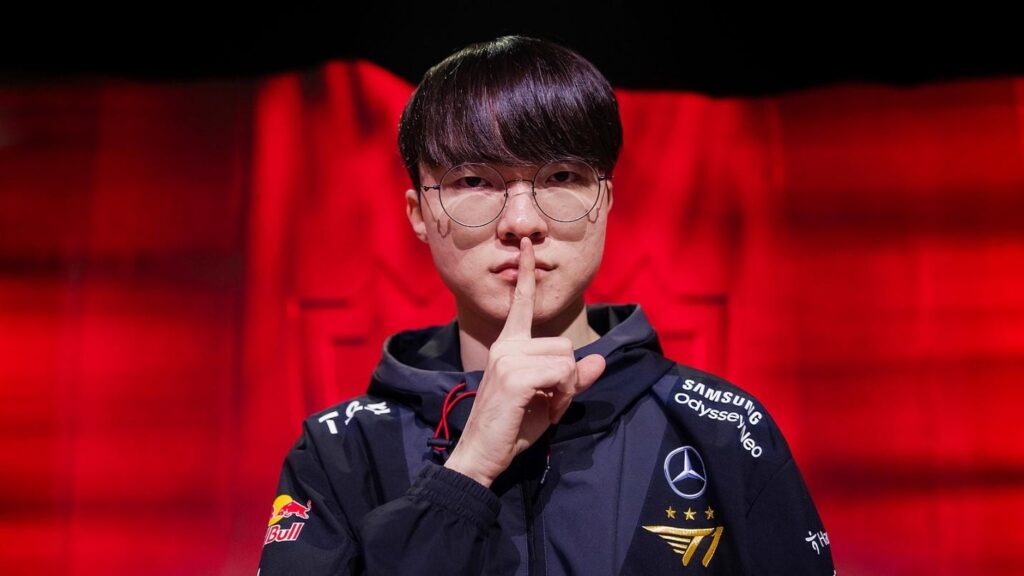
- The physical intensity may differ, but the competitive fire burns just as bright.
5. Official Recognition: When Does a Sport Become Legitimate?
This question has haunted esports since its birth. Institutions like the IOC and national federations are gatekeepers; in the eyes of law and media, what they say goes.
A sport isn’t “official” until it’s got federations, rules committees, government acceptance, and (for many) Olympic status.
Esports have made headway: many countries now recognize pro gamers as athletes. The IOC hosted an Olympic Virtual Series in 2021, and games like League of Legends and StarCraft have received government recognition in Korea and the US. For many fans and players, these wins are huge; but for some, the lack of full Olympic status still fuels debates.
Ironically, even some Olympic sports were once outsiders. Newcomers; from skateboarding to breakdancing; always ruffle feathers before finding their place. This mirrors the ongoing conversation around Esports vs Real Sports, where esports faces its own challenges in gaining acceptance.
6. Controversies and Challenges: Breaking Stereotypes and Bias
I’ve lost count of the times I’ve heard, “It’s just kids playing games.” That view lingers in some circles; media pundits, old-school fans, even a few politicians.
Challenges abound:
- Stereotypes: Old-school purists argue you need to sweat to “really” compete, while some worry over screen time, socialization, and “real” health benefits.
- Integrity: Both sides battle cheating, be it doping in cycling or hacks in Valorant.
- Burnout: The sheer number of matches and travel can batter both body and mind; pro gamers trail stories of injuries, stress, and public meltdowns just like athletes.
Some simply can’t let go of tradition. But with every passing year, more share stories of respect, support, and the kind of teamwork that unites, not divides.

- Skeptics once questioned chess and racing too; now it’s esports’ turn to prove itself.
7. The Esports Revolution: Changing the Definition of Sport
What once confused the world is now actively reshaping it. Esports embodies how digital natives engage: online tournaments, global rivalries, and low barriers to entry for anyone with an internet connection. Universities now fund varsity esports teams and scholarships. Major sponsors like Red Bull and Mercedes step up; ESPN and BBC air the big tournaments.
I watched a 15-year-old win $3 million at the Fortnite World Cup; his feat trended alongside Wimbledon and the Tour de France.
History shows us that new sports always provoke debate—much like the ongoing conversation around Esports vs Real Sports. Snowboarding, MMA, breakdancing; all were once dismissed. As technology and culture evolve, so does the meaning of “sport.” Esports’ global audience has passed 600 million fans, with revenues over $1.5 billion. The revolution isn’t just happening; it’s already here.
Will the debate ever fully settle? Only time; and the next generation; can answer.
From Couch Debates to Community Action: How Tournova Makes Every Competition Count
In a world where the old rules of “real sport” are constantly being rewritten, Tournova stands as the toolkit for a new era of competition; no gatekeepers, just pure, accessible engagement. Whether you see yourself as a weekend champion, a diehard organizer, or someone eager to test esports’ legitimacy firsthand, Tournova meets you where you already play; right on Discord and Telegram. The platform streamlines everything: setting up tournaments, matching players, managing brackets, and distributing prizes are all automated for a seamless, legit experience. That means less time juggling spreadsheets or DMs, more time soaking up the tension and excitement that electrifies any great sporting event, physical or digital.
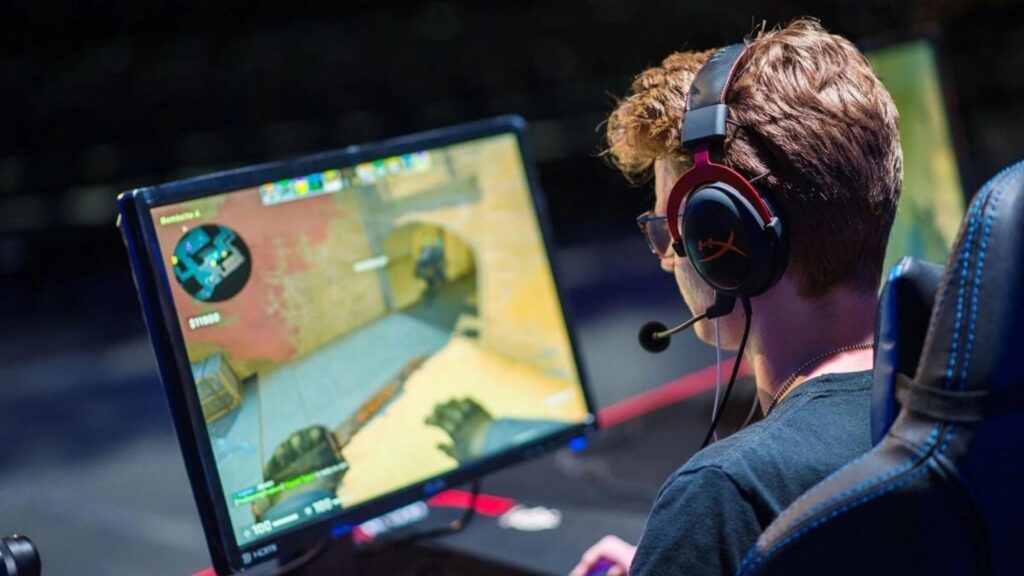
- Esports isn’t replacing traditional sports; it’s expanding the very definition of what sport can be.
What makes this especially powerful in the context of the esports revolution? Tournova’s token economy transforms participation into tangible value. Play in a free or cash tournament, complete a special challenge, or climb the leaderboard; your achievements are rewarded with platform tokens that unlock new competitions, digital items, or community auctions. It’s a nod to the same drive for skill mastery, recognition, and belonging that defines all “real” sports. In short: Tournova doesn’t just follow the playbook for organizing esports; it invents new ways for fans, organizers, and everyday players to get in on the action, making every match, from LAN party to online major, matter just that little bit more.
8. Final Word: Why the Debate Matters; and What the Future Holds
Peeking into this debate, it’s clear: what makes a sport “real” goes beyond rules, sweat, or tradition. It’s about human drive, community, and the pursuit of greatness; whether with a ball on a field or a mouse in hand. Esports vs Real Sports challenges us to rethink what we value. It reminds us that skills, dreams, and fandom don’t care about boundaries. My advice? Watch a major esports event. Feel the tension, hear the stories, join the chants. You might just find yourself believing, like I did, that the future of sport belongs to everyone bold enough to play.
FAQs
1. Do esports athletes ever transfer into traditional sports, or vice versa?
While rare at the highest level, some pro athletes and gamers have crossed over. For example, ex-pro footballers have started esports teams, and some esports players have become pro poker stars due to shared cognitive skills.
2. How do sports psychologists help esports teams?
Just like their counterparts in football or basketball, sports psychologists coach mental resilience, stress management, and focus, using visualization and relaxation techniques tailored for competitive gaming.
3. Are parents and schools supportive of esports career paths now?
The attitude is shifting. With growing university support, scholarships, and visible career options, more families and schools view esports positively, though skepticism remains in some quarters.
4. What are some of the largest esports tournaments by prize pool?
The International (Dota 2) often leads, offering prize pools over $30 million at its peak, followed by Fortnite World Cup, League of Legends Worlds, and CS2 Majors, each with multi-million dollar purses.
